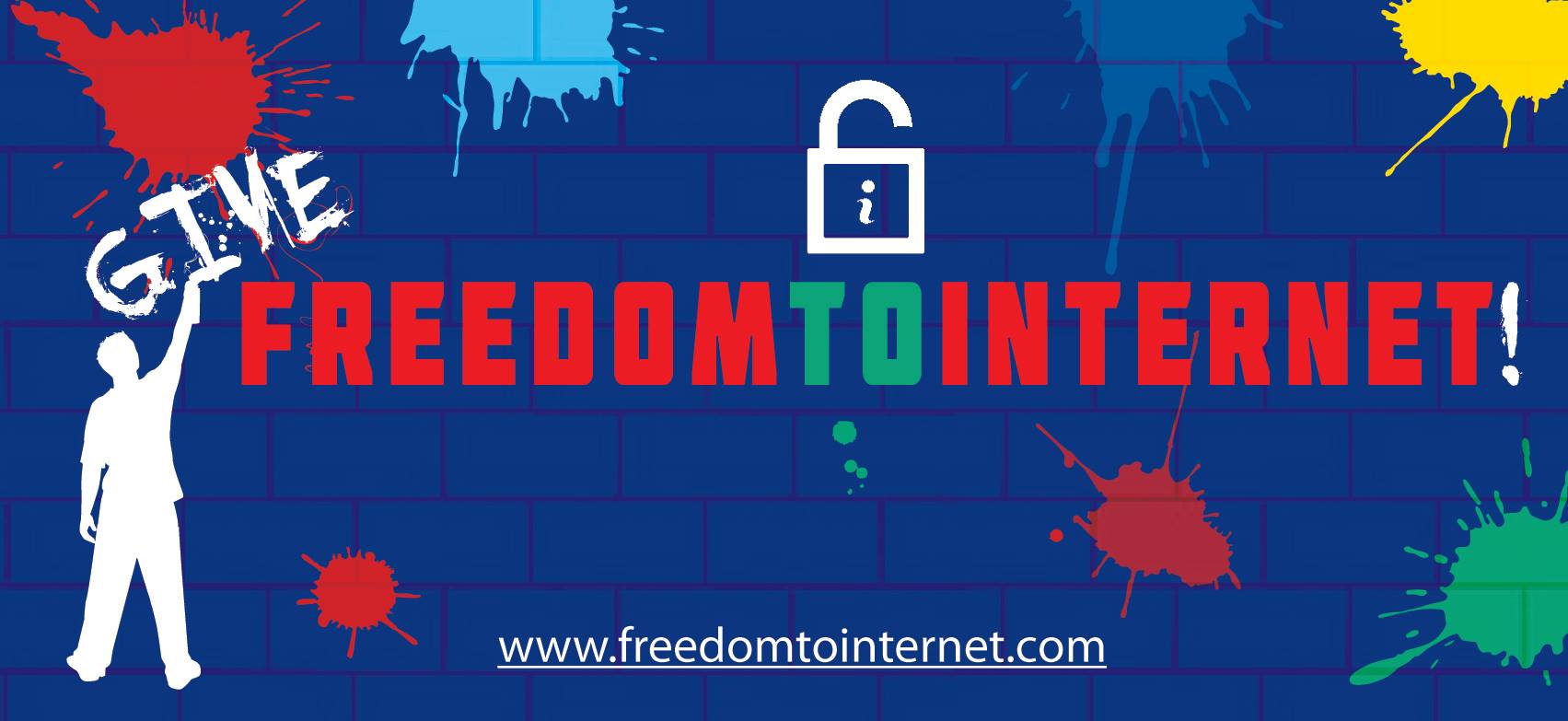


 The analysis of freedom of expression on the Internet in Georgia, government policies in terms of developing Internet infrastructure and protection of Internet users’ rights revealed the following tendencies over the last year in Georgia:
The analysis of freedom of expression on the Internet in Georgia, government policies in terms of developing Internet infrastructure and protection of Internet users’ rights revealed the following tendencies over the last year in Georgia:
• Internet penetration rate continues to grow steadily; nonetheless, hindrances such as high costs, low quality of services, poor infrastructure, especially in rural areas remain.
• Even though more than 130 Internet Service Providers are registered in Georgia, Internet market is mostly dominated by two operators.
• During the coverage period, the government announced its intension to construct a trunk cable system (broadband infrastructure) bringing internet to individual users of about 2,000 settlements by 2017. However, as specialists claim, representatives of private sector, non-governmental organizations, as well as the Data Protection Inspector were not sufficiently involved at the planning stage and the project itself lacks a comprehensive strategy, since it was not elaborated based on a thorough analysis of the Internet market. Most significantly, small operators do not have sufficient guarantees that major operators will not monopolize the newly constructed network in future.
• Online media is becoming diverse; therefore it represents a variety of groups and viewpoints. There are several trustworthy online news agencies; however, media outlets, publishing biased and unreliable media content, including anti-Western propaganda, have proliferated.
• There were no reported cases of online news outlets being subject to government pressure; however some online media representatives expressed concerns over obtaining public information from certain public institutions in a timely manner. The proliferation of online news agencies having particular political preferences was observed. It contributed to further polarization of online media, since they are connected either to the government or the opposition.
• Self-censorship is pervasive and commonly practiced by civil servants. Though social users, bloggers and online activists express criticism of the government and use online tools for mobilizing like-minded people for a common cause.
• The impact of social networks and online applications in organizing offline protests has been considerably enhanced. In fact, social media has become the leading platform for citizens to criticize the government and react to alleged wrongdoings. Several cases where online activism contributed to policy changes were observed.
• On June 12, 2015, “public calls for violent actions” became punishable. The amendment of the Criminal Code of Georgia was preceded by sharp public discussions. Human rights advocates noted that taking into account the Georgian context, where law enforcement agencies are ineffective and passive when it comes to protection of minority rights, such amendments could result in “limiting freedom of expression and strengthening the dominant social and moral discourse.”
• A “two-key” system for authorizing surveillance was established, according to which the Ministry of Internal Affairs has retained its direct access to telecom operators’ servers, however, after obtaining a court warrant the Ministry shall require authorization, including a technical one, from the Personal Data Protection Inspector’s Office in order to carry out surveillance. Nevertheless, this “two-key system” did not apply to data transmitted through Internet. Also, recently leaked recordings of conversations between several politicians and public figures revived public concerns over illegal surveillance.
Download the Report
/public/upload/IDFI/Media/Internet Freedom in Georgia - Report 5.pdf